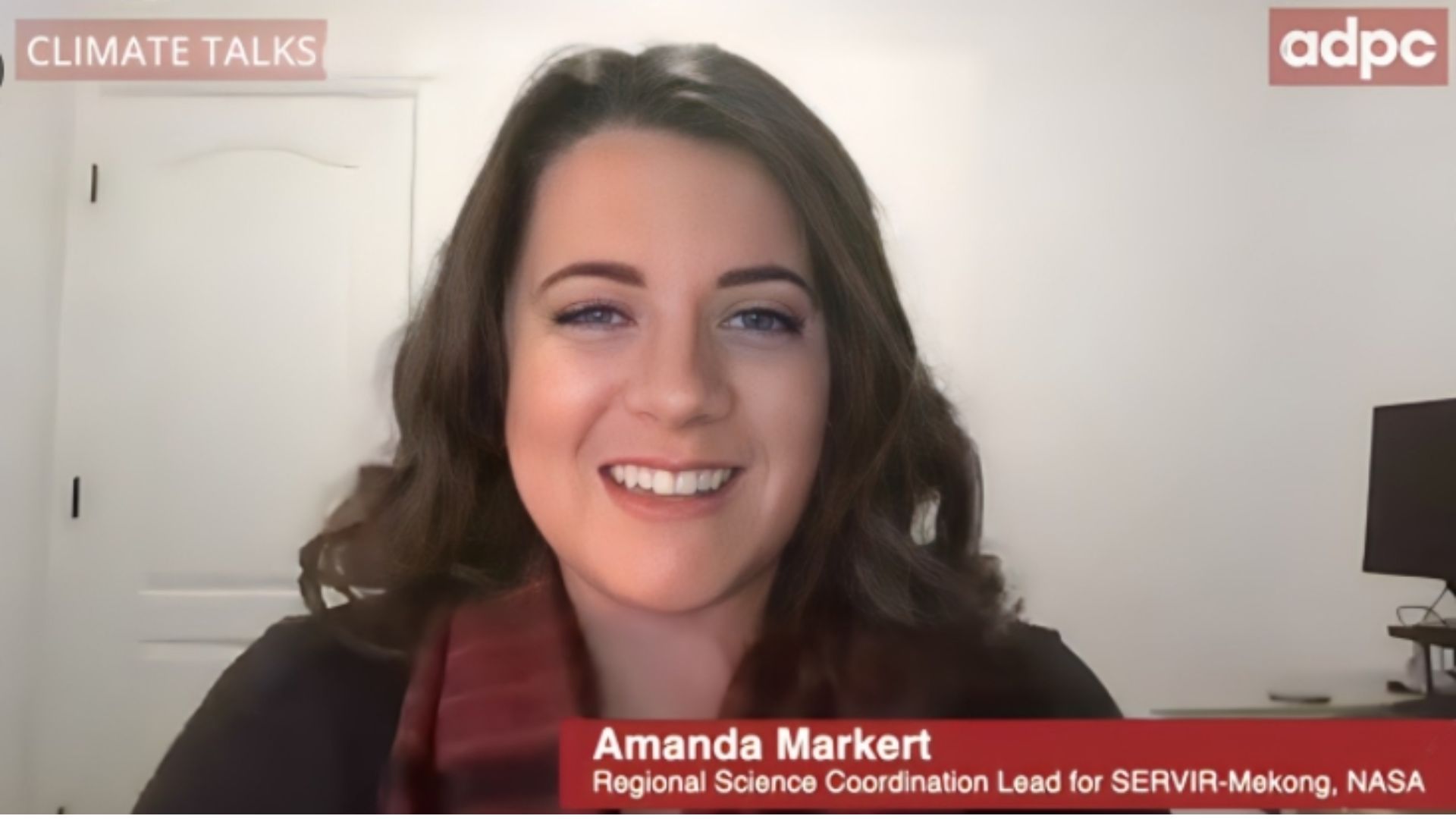Read Time:3 Minute, 46 Second

Could you please tell us more about the role of geospatial technologies in gender mainstreaming?

By learning together, decision-makers, policymakers, Earth and social scientists can share information.
What challenges are you currently facing in your work?
Amanda Markert spoke with ADPC as part of its ‘Climate Talks’ panel discussions.
